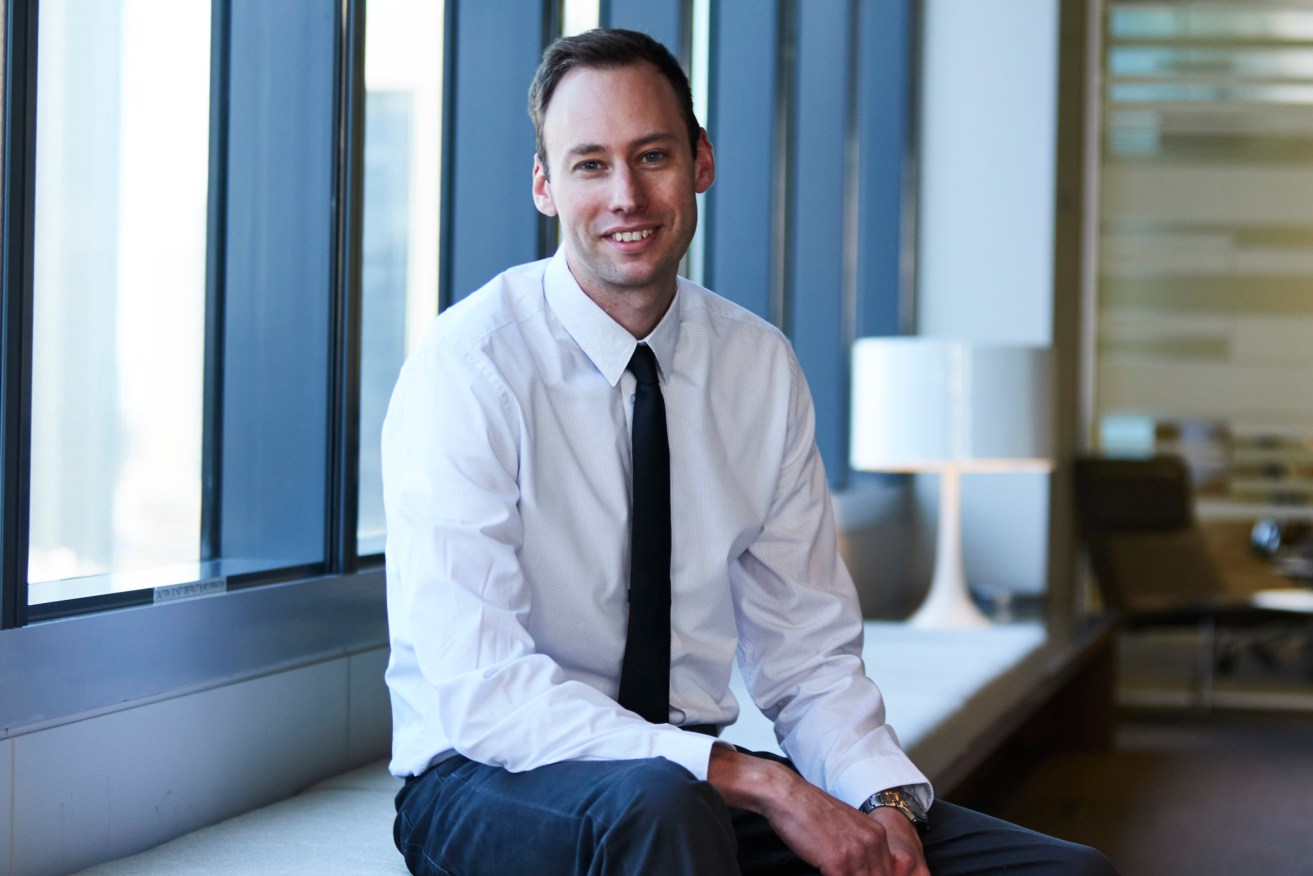Half of Aussies nervous about vaccines, but this UQ expert has the cure
A University of Queensland academic believes up to half of Australia’s parents have some concern about vaccinations, including the recently unveiled coronavirus vaccines.


University of Queensland academic Dr Tom Aechtner. (Photo: Supplied)
Dr Tom Aechtner, from UQ’s School of Historical and Philosophical Inquiry, has decided to do something about it by establishing an online course teaching people how to counter anti-vaxxer claims.
Among the lessons were how to identify 12 vaccine myths, and seven anti-vaccination persuasion strategies. It will also equip you with key skills for responding to antivaccination claims.
He said research showed that vaccination anxieties can be fuelled by small groups of media-vocal vaccine deniers who were able to make their communications more persuasive than pro-vaccine messages.
He said his research identified the persuasion attributes of Australian anti-vaccination media and how the counter-vaccine messages can employ persuasive cues when communicating to Australian public.
Aechtner also analyses survey data to identify social correlations and cultural connections that may be linked to vaccine hesitancy.
“Findings showed that when consuming online information, individuals tend to rely upon cognitive mental shortcuts to quickly determine a message’s apparent reliability and trustworthiness,” he said.
His course, known as a Massive Open Online Course (MOOC), is the first of its type in the world.
It works alongside a website, uqvaccinationchoice.org.au to provide impartial and evidence-based information allowing people to make an informed decision for the health of their family.
Aechtner said the Australian anti-vaccination media focused more on promoting distrust in officials and experts and propagating conspiracy narratives about vaccines rather than spreading stories about the purported dangers of vaccines.
The research analyses anti-vaccination media and also gauges rates of vaccine hesitancy – reluctance or refusal to vaccinate – across the country to address immunisation doubts in light of counter-vaccine messages.
“While most Australians support immunizations, there remains a subset of the population which expresses vaccine hesitancy,” he said.
“This can involve concerns about the safety and efficacy of vaccinations, including fears about vaccine ingredients, overloading the immune system and the perceived likelihood of adverse vaccine-triggered side effects and ailments.
“In fact, potentially one-third to one-half of Australian parents articulated concerns about vaccines.’’
Aechtner said he hoped his work could have a positive influence.
“I am in a prime position to initiate beneficial societal change, and I hope to do this by uncovering the complexities of vaccine hesitancy, and the challenges of pro-vaccine advocacy,’’ he said.












